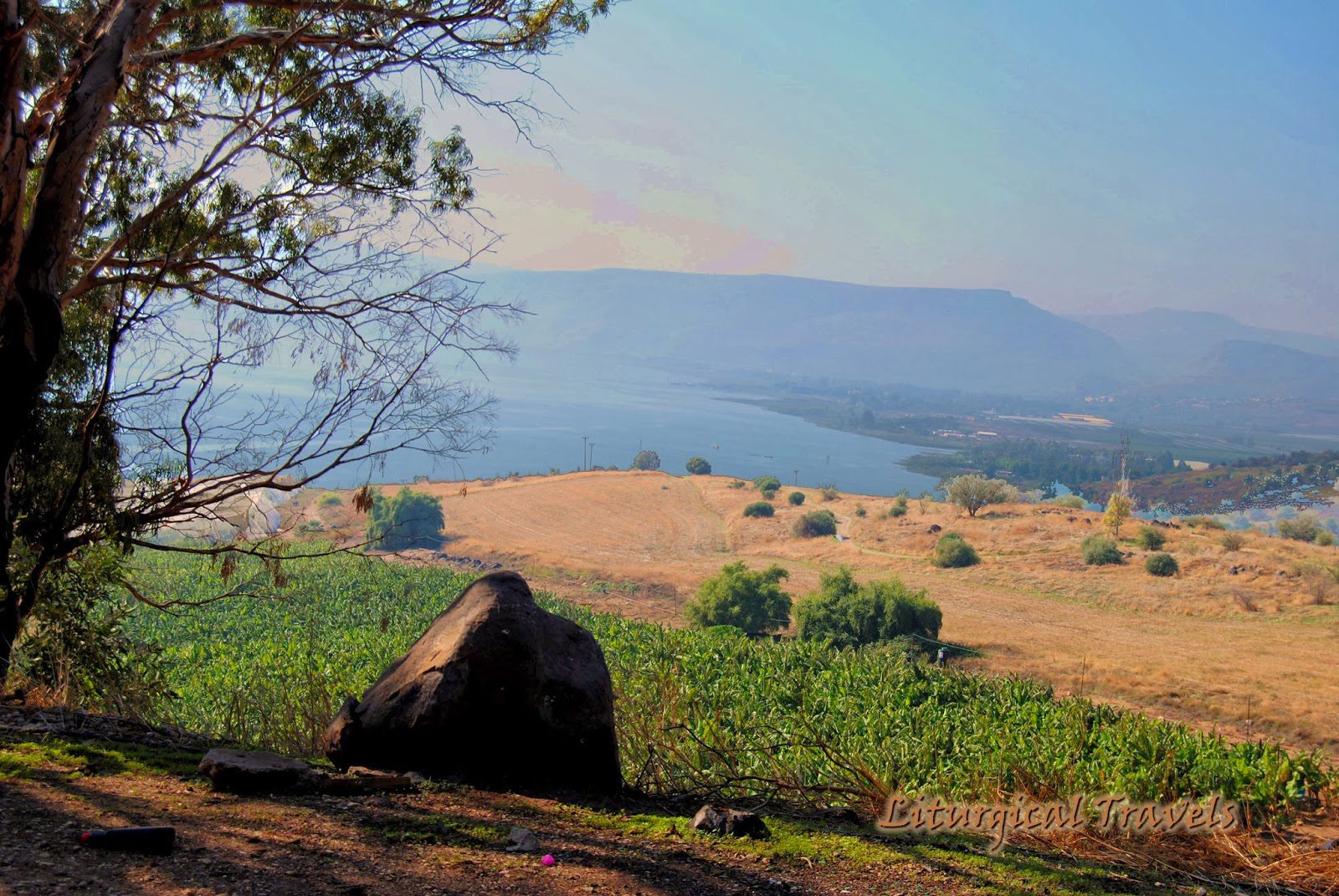You may not have thought of the beatitudes as a teaching related to preparation for Christmas (Advent), but by intention of the Spirit that is exactly what is on my heart.
The usual Christmas liturgy of church begins just after the following genealogy of Jesus Christ (which we tend to skip over, just like those in Numbers, Kings and other historical Old Testament Books of the Bible).
After you skip through the generations of Joseph, Jesus’ step-father, we will look back just a little at the historical time preceding the coming of the Messiah to a lowly manger in Bethlehem of Judea, before proceeding to the early teachings of Jesus on true blessings (Beatitudes, as we call them).
Matthew 1
English Standard Version (ESV)
The Genealogy of Jesus Christ
1 The book of the genealogy of Jesus Christ, the son of David, the son of Abraham.
2 Abraham was the father of Isaac, and Isaac the father of Jacob, and Jacob the father of Judah and his brothers, 3 and Judah the father of Perez and Zerah by Tamar, and Perez the father of Hezron, and Hezron the father of Ram, 4 and Ram the father of Amminadab, and Amminadab the father of Nahshon, and Nahshon the father of Salmon, 5 and Salmon the father of Boaz by Rahab, and Boaz the father of Obed by Ruth, and Obed the father of Jesse, 6 and Jesse the father of David the king.
And David was the father of Solomon by the wife of Uriah, 7 and Solomon the father of Rehoboam, and Rehoboam the father of Abijah, and Abijah the father of Asaph, 8 and Asaph the father of Jehoshaphat, and Jehoshaphat the father of Joram, and Joram the father of Uzziah, 9 and Uzziah the father of Jotham, and Jotham the father of Ahaz, and Ahaz the father of Hezekiah, 10 and Hezekiah the father of Manasseh, and Manasseh the father of Amos, and Amos the father of Josiah, 11 and Josiah the father of Jechoniah and his brothers, at the time of the deportation to Babylon.
12 And after the deportation to Babylon: Jechoniah was the father of Shealtiel, and Shealtiel the father of Zerubbabel, 13 and Zerubbabel the father of Abiud, and Abiud the father of Eliakim, and Eliakim the father of Azor, 14 and Azor the father of Zadok, and Zadok the father of Achim, and Achim the father of Eliud, 15 and Eliud the father of Eleazar, and Eleazar the father of Matthan, and Matthan the father of Jacob, 16 and Jacob the father of Joseph the husband of Mary, of whom Jesus was born, who is called Christ.
17 So all the generations from Abraham to David were fourteen generations, and from David to the deportation to Babylon fourteen generations, and from the deportation to Babylon to the Christ fourteen generations.
Now look back some to the generations between the destruction of Solomon’s Temple (9th c. B.C.) and the building of Herod’s Temple.
David had united Israel and Judah. Solomon’s sons divided the Kingdom of God’s chosen people into Israel (under Jeroboam) and Judah (under Rehoboam, Matthew 1:7). Without going into the many historical details of these nations over the centuries, Israel eventually came under the influence of Samaria, which fell in 721 B.C., and Judah, which fell in 587 B.C. The walls were destroyed my Nebuchadnezzar and rebuilt by Nehemiah in the mid 5th century B.C. Several accounts of these times are recorded in Ezra-Nehemiah and Daniel.
Alexander the Great conquered much of the known world in the 3rd c. B.C. from Greece west to India, spreading the eventual Greek language of the New Testament throughout the middle east. For some 400 years, Parthia was the largest organized state on the eastern frontier of the Roman Empire until it was later captured by Rome later in A.D. 113 (during the days of early Christianity; but the unifying language of Judea and most of the Roman Empire was Greek (not Latin or local languages).
Two groups of Jews locked in civil war when Pompey captured Jerusalem (106-48 B.c.) Herod (who was a half-Jew) chose the right side in the Roman conflict and was appointed King of Judea in 40 B.c. Herod conquered ‘his Kingdom’ with the ‘help’ of the Roman army. {Much of the preceding source information from: Historical Atlas of the Bible, by Dr. Ian Barnes}
Into this often contested arena of Nations and Kings and Emperors and gods of every imagination and evil inclination of man is born Christ Jesus, Son of the Living God, conceived by the Holy Spirit; born of a virgin in Bethlehem of Judea. For thirty years Jesus, Emmanuel (God With Us), lives among the poor and downtrodden men of Galilee.
Into this scene, Jesus is anointed for His fulfillment of prophesy and sacrifice of the Cross, filled with the Holy Spirit and living a life of sinlessness, teaching man (adam”) how God has intended us to live. Into a difficult time and place, where a people of God thought they lived lives cursed by God, Jesus comes to a mountainside teaching with the Authority of God Almighty and the power of the Holy Spirit.
To be continued…


Leave a Reply